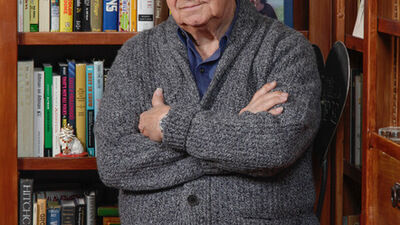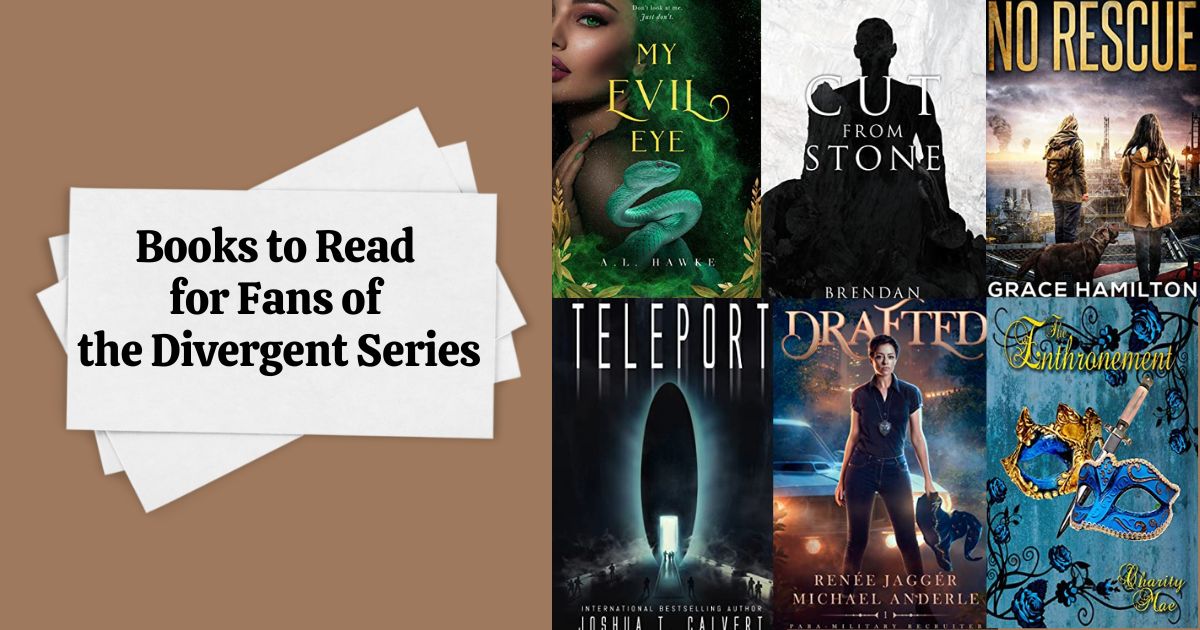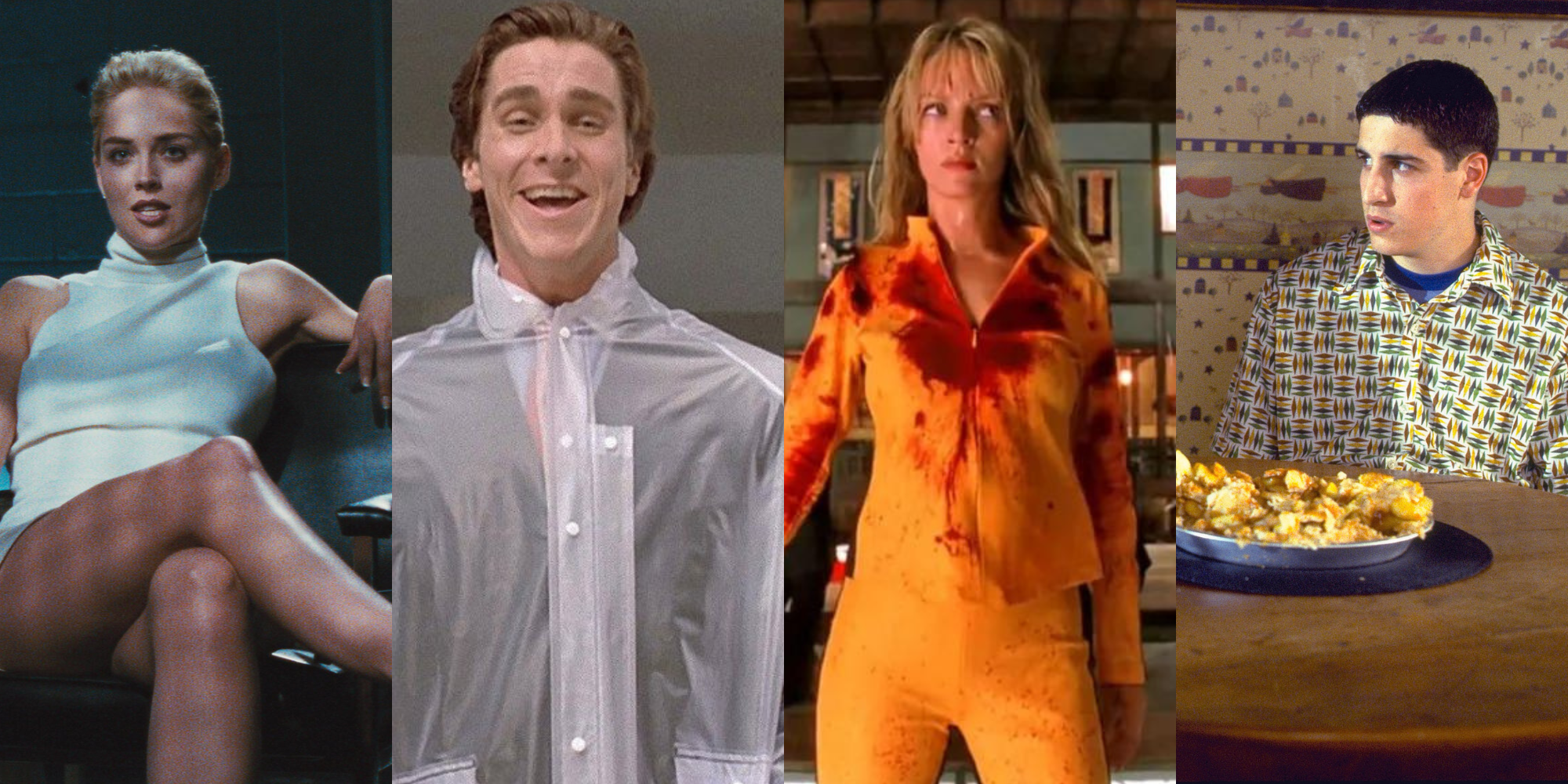When you said, “You’re not a cutter…”
“…I’m a cutter.” Yes. Because what’s interesting is, he’s not ashamed of being a cutter, which is the nickname the college kids gave the townies. So that is meant to be an insult. And I said “You’re not a cutter. I’m a cutter.” So, a cutter to my character is the guy who carves stone, a stonemason. So, it has two meanings. I love that line.
What makes you such a good movie dad?
It’s a two-word answer: Good acting. In other words, I don’t have to bring much to the plate. I have kids all over the place. It’s just instinctual. It’s really not that I really am such an amazing actor that I could identify with every new kid that I’m being the father of. It’s that I have an innate quality, which is nothing that I know about, just something comes out of me that has a fatherly quality, and that father can be a little cranky or he can turn out to be a nice guy. But it’s almost not something I have to work on it’s just something that comes through instincts.
You write very movingly in the book about filming a tender scene with Dennis Christopher in “Breaking Away” when you were separated from your children.
That almost forced me … it led me into being a method actor when I was hugging Denis Christopher. And he was about to cry. I always played my father in these movies. That was who I was working with. So, if I’m the father, who is this kid I’m hugging? It’s me. So, I had the experience of being both Denis and myself because I’m the father hugging the son. And the son is me, too. I never had a father who hugged me so I had to pretend I knew how it worked.
You write a lot about your love of wordplay, but one of the actors you love most is the silent star Buster Keaton. Of course, we all love Buster but what makes him so special to you?
Everyone always compares to him Chaplin, and Chaplin in the long run was more famous than Keaton was at the time. But I said in the book, “If Chaplin was king, then certainly Buster was the prince. I felt Chaplin was someone I could only admire from afar because he seemed so much smarter than me, so much smarter than the audience. He seemed to always be showing off. Now, he’s showing off brilliantly, of course. But it was almost like he was on a proscenium stage instead of in a movie. He often just played to the camera. But Buster always looked like he was in a real situation. He was a real person, not a comedian. And I was in awe of him in the same way. In fact, I felt that it was someone I could sit down with and have a beer and talk to. He seemed accessible. He seemed humble. He seemed vulnerable. And he was, as you learn from the Dana Stevens book, Camera Man, he’s considered a much more innovative filmmaker than Chaplin was. Chaplin didn’t create very many kinds of things that led to other things. He made some great movies, of course, but Buster walked down the aisle and “Sherlock Junior” walked onto the screen. That’s very surrealistic. And he did other things like that.
























































![Key Metrics for Social Media Marketing [Infographic] Key Metrics for Social Media Marketing [Infographic]](https://www.socialmediatoday.com/imgproxy/nP1lliSbrTbUmhFV6RdAz9qJZFvsstq3IG6orLUMMls/g:ce/rs:fit:770:435/bG9jYWw6Ly8vZGl2ZWltYWdlL3NvY2lhbF9tZWRpYV9yb2lfaW5vZ3JhcGhpYzIucG5n.webp)

















